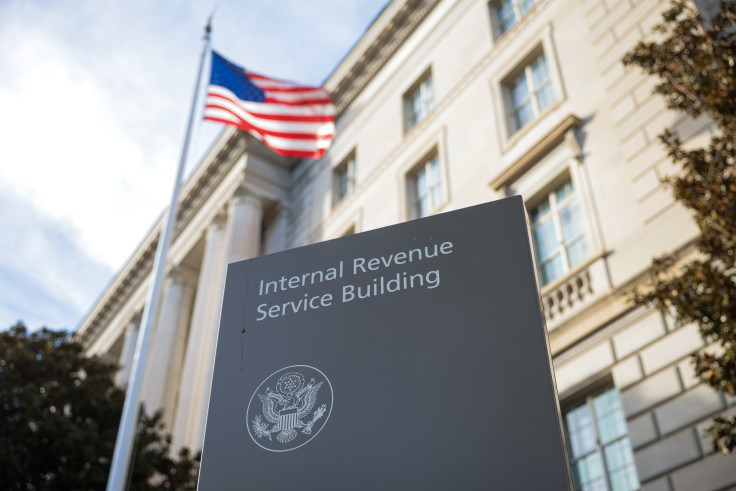
Dabney Friedrich, a U.S. District Judge appointed by President Donald Trump during his first term, has denied a preliminary injunction aimed at stopping the Internal Revenue Service (IRS) from sharing taxpayer information with Immigration and Customs Enforcement (ICE) to aid in the identification and potential deportation of undocumented immigrants.
Friedrich ruled that the agreement between both agencies does not violate existing federal tax privacy laws, adding that the arrangement makes use of "statutorily authorized tools" and does not amount to a fundamental change in how the IRS handles taxpayer data, as NPR reports.
The judge went on to emphasize that only specific data, such as names, addresses, or taxpayer identification numbers, can be shared, and only when certain legal requirements are met. "The IRS can disclose information it obtains itself... but not information it obtains exclusively from the taxpayer," Friedrich noted. She clarified that the law does not consider a taxpayer's identity information to be protected as part of a tax return.
Plaintiffs' attorney Alan Butler Morrison expressed disappointment in the ruling but emphasized the case is ongoing:
"So far, DHS has not made formal requests for taxpayer data and plaintiffs will be keeping a close watch to be sure that the defendants carry out their promises to follow the law and not use the exception for unlawful purposes"
The case follows a memorandum of understanding signed in early April between the IRS and DHS, authorizing ICE to submit names and addresses of individuals who have received final deportation orders for IRS cross-verification. Officials say the agreement supports law enforcement by targeting major criminal cases but critics have argued that the move represents a dramatic reversal of longstanding assurances to undocumented immigrants that filing taxes would not expose them to immigration enforcement.
Multiple high-level resignations at the IRS followed the deal, including Acting Commissioner Melanie Krause, who stepped down the day after the announcement reportedly in part due to being bypassed in the decision-making process.
Advocates warn the new policy may undermine trust in the tax system and lead to decreased compliance. In 2022, undocumented immigrants paid nearly $97 billion in taxes, according to the Institute on Taxation and Economic Policy. Economists caution that even a 10% drop in filings could result in billions in lost revenue.
© 2025 Latin Times. All rights reserved. Do not reproduce without permission.






